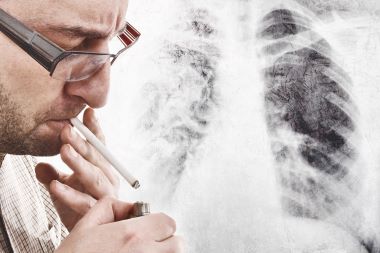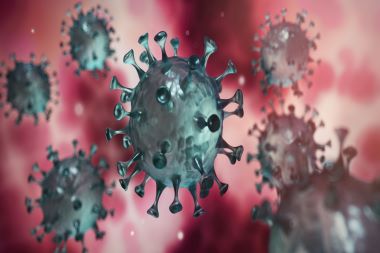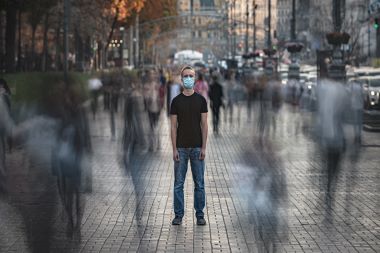Americans have been smoking less and less for years—that is, until social distancing pushed many to take up or increase the habit, according to data from Altria Group Inc., which owns the Marlboro cigarette brand. Sales were flat in 2020 after falling annually 5.5% the previous year, a slide that started years earlier thanks in part to steep taxes on cigarettes and the growing popularity of vaping devices, including e-cigarettes. This reversal comes at a …
Read More









